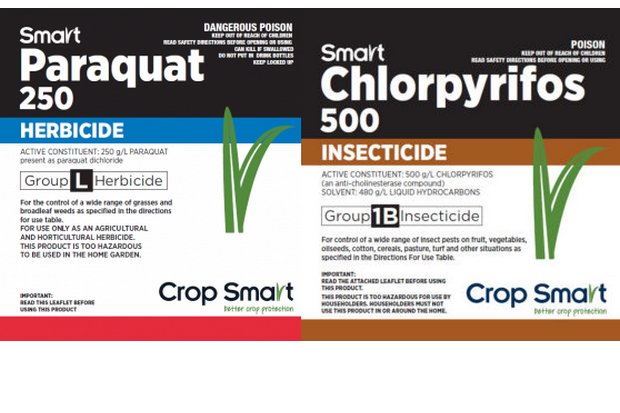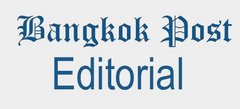
The resignation of respected Chulalongkorn Hospital doctor Thiravat Hemachudha, together with two academics, from a panel tasked with toxic farm chemical control has revealed a malady in the country's fight against paraquat and two other hazardous chemicals, namely glyphosate and chlorpyrifos.
Dr Thiravat, who was appointed to the panel by Prime Minister Prayut Chan-o-cha, is known for his strong stance against the three toxic chemicals. He decided to call it quits from the panel, which is headed by PM's Office Minister Suwaphan Tanyuvardhana, because he felt the panel was subject to interference by big businesses working in the farm chemical sector. The other two are Professor Pornpimol Kongthip and Associate Professor Puangrat Kachitwitchayanukul.

The Suwaphan panel, which is under the National Health Reform Committee, has been at odds with the Hazardous Substance Committee (HSC), led by Mongkol Pruekwatana, chief of Industrial Works at the Industry Ministry, as it tried unsuccessfully to convince the latter to terminate import licences for paraquat when they expire at the end of this year. The ministry promotes better regulated use of the other two chemicals. However the HSC, which has full authority in the matter, chose to partially restrict the use of paraquat and came up with some control measures, which many viewed as not being particularly practical.
Dr Thiravat referred to scientific evidence suggesting the three chemicals are contaminating produce at unsafe levels. He said residual levels of all three have entered the food chain and are harming the environment. According to the doctor, provincial hospitals have received several serious cases, some fatal, of farmers who got ill from using the chemicals, which are banned by several countries. They are popular among farmers who plant six major crops -- corn, cassava, sugarcane, rubber, oil palm and fruit. Thailand, which ranks No.5 on the list of countries that use the most farm chemicals, in 2017 imported 44,501 tonnes of paraquat, known by its commercial name Gramoxone, up from 31,525 tonnes in 2016.
It is unfortunate that such evidence, cited by Dr Thiravat and his team, did not receive enough attention from the panel, which decided to focus instead on a petition from a pro-chemical farmers' group that recently made a counter move urging extended import licences for the chemical, citing the need for its continued use. They dismissed concerns about contamination. The doctor said he suspected the farmers involved in the campaign were being backed by giants in the farm chemical industry whose names appeared on the campaign posters.
This echoes concerns that have long been raised by food safety advocates over the transparency of the HSC given the connections between some of its members and these huge firms. The doctor said there were also links between some of the companies and certain members of the Suwaphan panel.
Last September, the Anti-Corruption Organisation of Thailand (ACT) demanded the Agriculture Ministry reveal the names and more details about the companies in question, in a bid to improve transparency. It also asked the Department of Special Investigation to probe their alleged links. Their calls have not been positively responded to, which is a shame.
Obviously, all of these allegations need to be cleared up quickly. Moreover, this task should not be difficult: Those concerned must make public the relevant documents, including the minutes of minutes as well as the voting records of HSC members.
